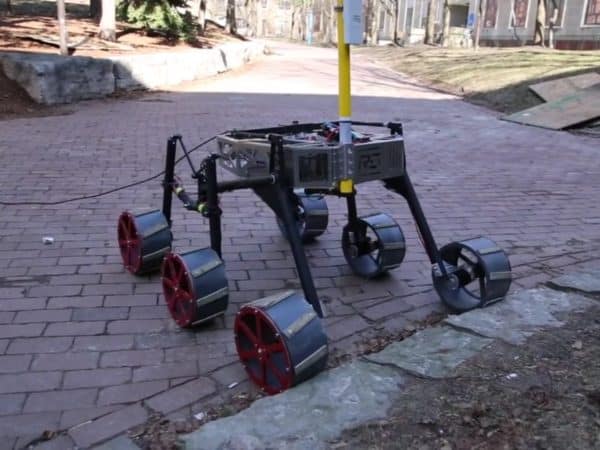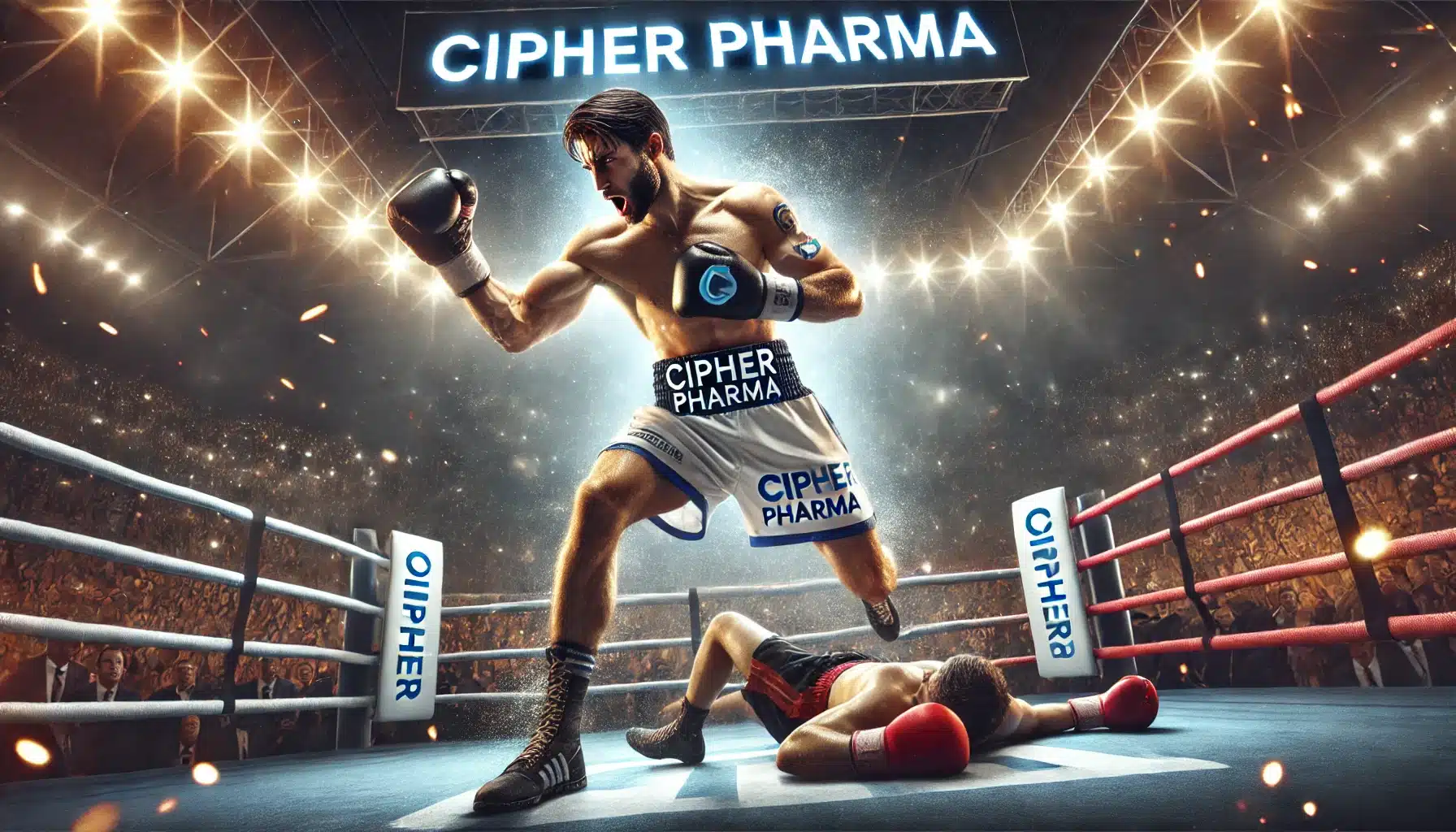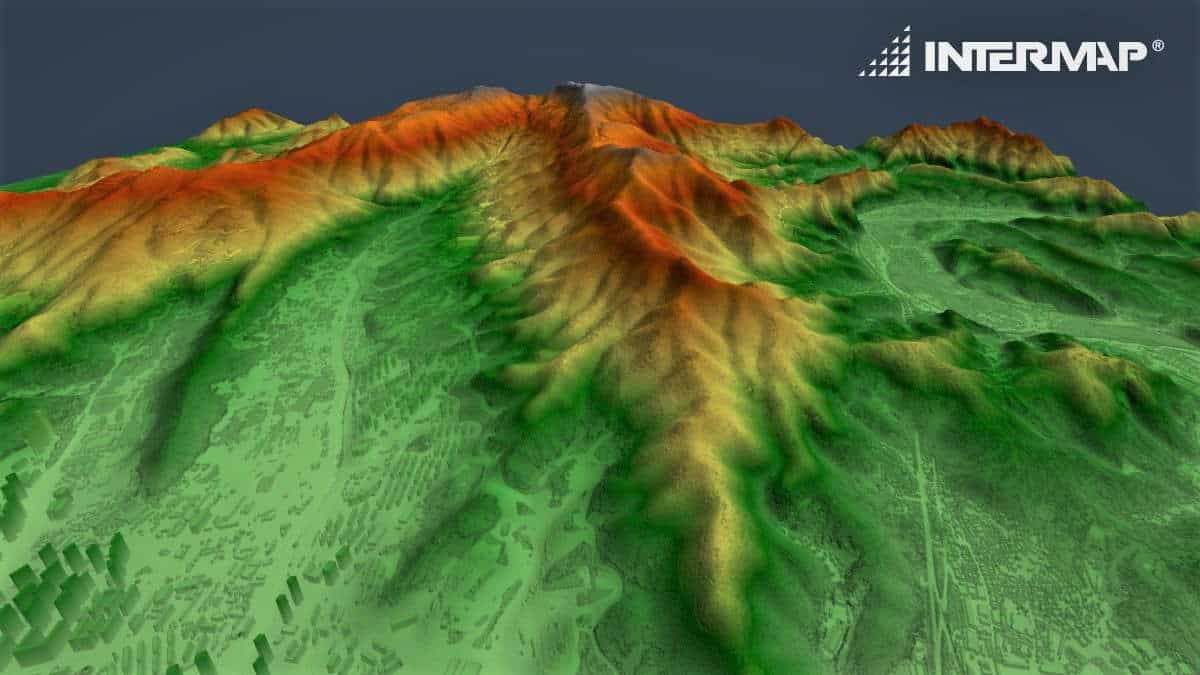

As its name implies, the Mars Society’s University Rover Challenge pits college and university teams against each other in a race to build the best robotic rover for deployment on the planet Mars. And the R3 team (Ryerson Rams Robotics) from Ryerson University feels they have a good shot at taking the title in 2017.
“When you have a human on Mars and, for example, he needs an oxygen tank or a tool to perform a task. It’s a lot more time sensitive. So you can’t have a rover move across the ground super slowly or take a very conservative path,” says Feroz Balsara, project lead and fourth year engineering student at Ryerson, to the Ryerson Eyeopener.
Held each year in the Utah desert, the University Rover Challenge calls itself the “world’s premier robotics competition for college students.” The rough desert terrain in Southern Utah is said to be similar to what your average space rover would encounter on Mars. Teams are tasked with building stand-alone, off-the-grid mobile platforms, operated from a distance of one kilometre and made to perform various functions such as taking high-resolution photos and soil samples and to be able to survive a metre-high drop.
The Ryerson students think their rover’s unique flexible joint suspension system will give them a leg up on the competition. “Basically everybody in the competition either uses something based on a car suspension or something based on the one the Curiosity uses on Mars right now. We’re trying to do something better,” says Balsara.
Held each year since 2007, the competition’s strict rules on budget (no more than $15,000 US) and size (50 kg maximum) make for interesting parameters. The 30-team event has been won the past two years by a rover team from Tzeszow University of Technology in Poland, with last year’s second place going to Washington State University at Everett.
Canadian content has been a feature of the event, with 11 different university programs currently registered. The York University Rover Team has had a particularly successful run in past competitions, placing within the top three for five consecutive years between 2008 and 2012 and having won the event in 2009 and 2011.
For the Ryerson students, the rover challenge has been an all-in experience, says Balsara. “For March Break, I think there were a whole bunch of us that, every single day, did not leave here before three in the morning. Ten of us,” Balsara says.
The R3 team has posted a video explaining the features of their new creation (see below).
“The kind of innovation that we’re working on could make it hopefully to some kind of rover that’s actually leaving earth, not going to Utah,” Balsara says.
The Mars Society is an international non-profit organization aimed at promoting research and public awareness about Mars exploration and settlement. The group maintains a research station in the Utah desert where crewmembers conduct simulated missions to the red planet. In December, a group of researchers finished an 80-day isolation mission at the Utah station, and the same crew is set to spend another 80 days this summer at an outpost in Canada’s Nunavut Territory.
Below: R3 URC CDR 2017
Leave a Reply
You must be logged in to post a comment.


 Share
Share Tweet
Tweet Share
Share




Comment